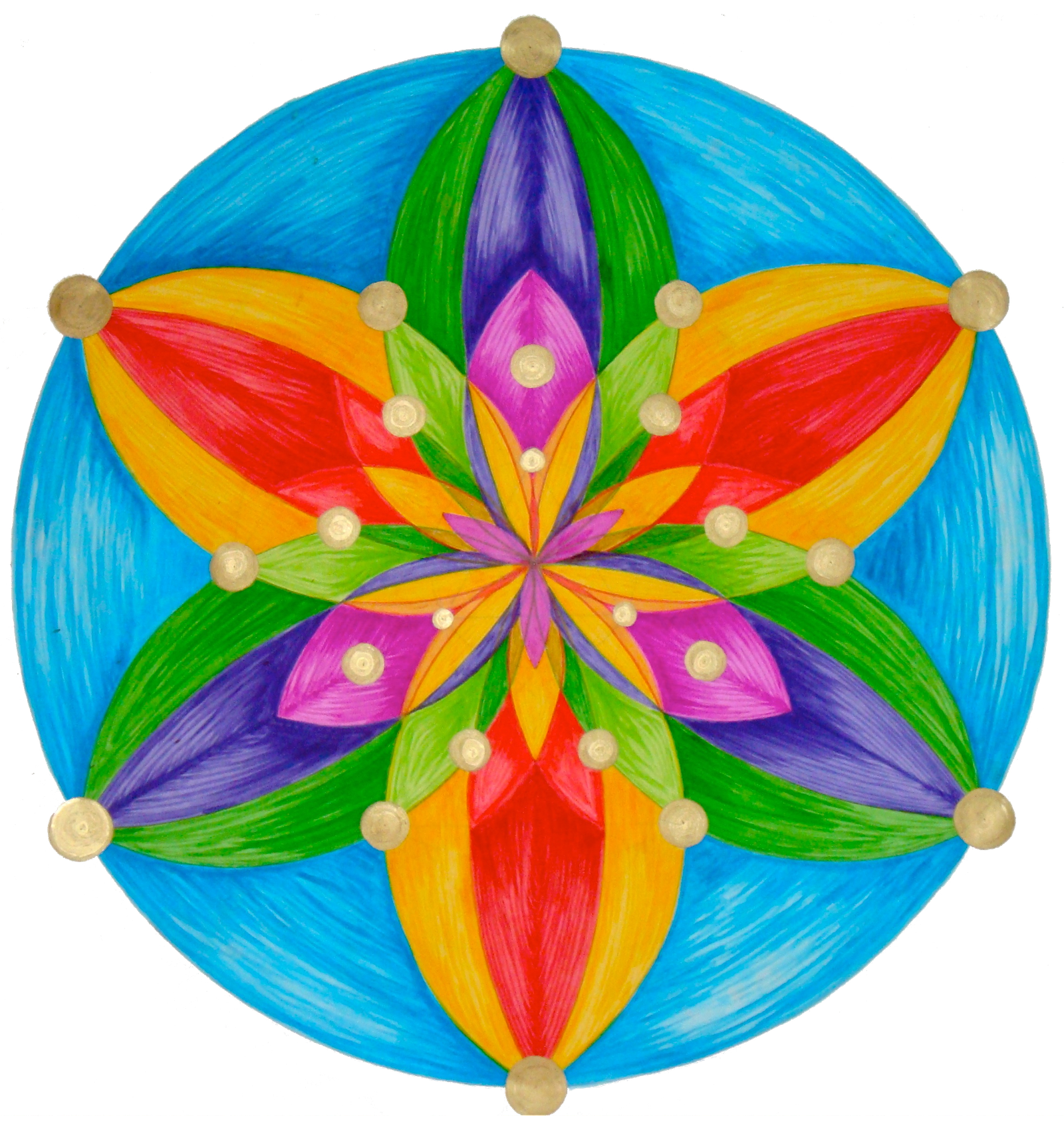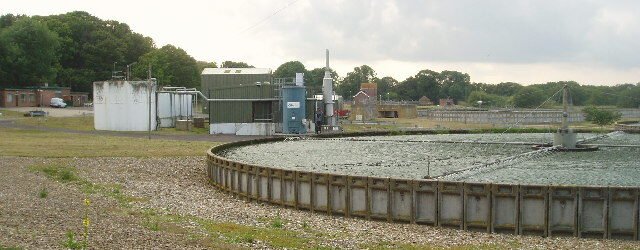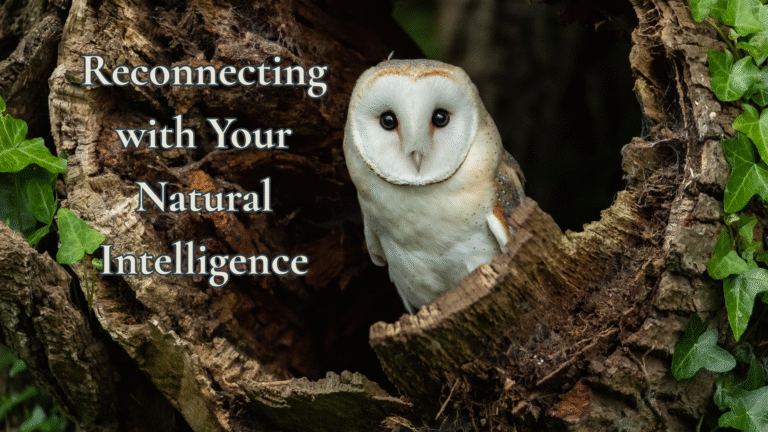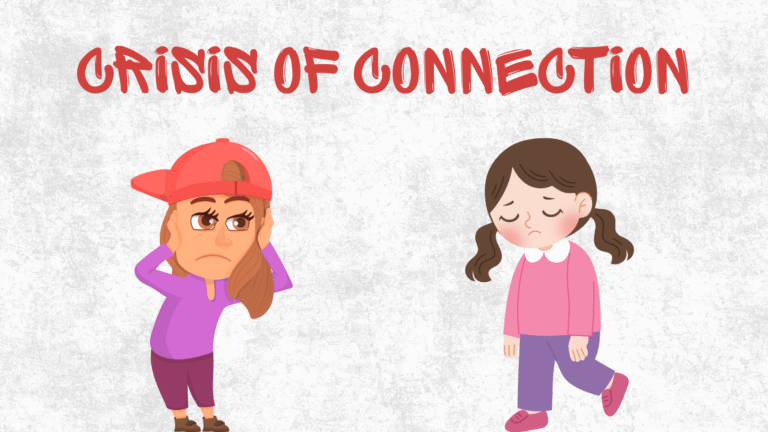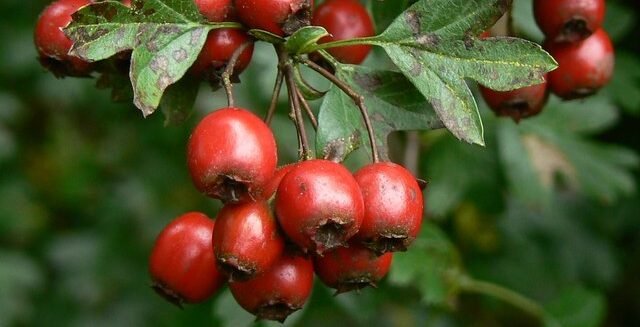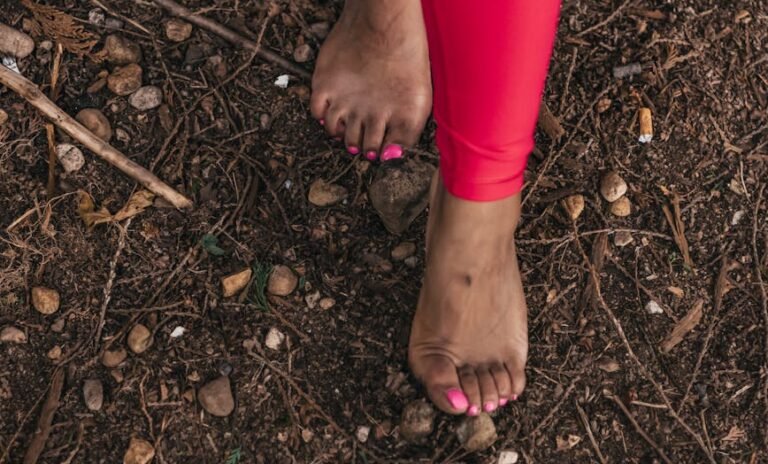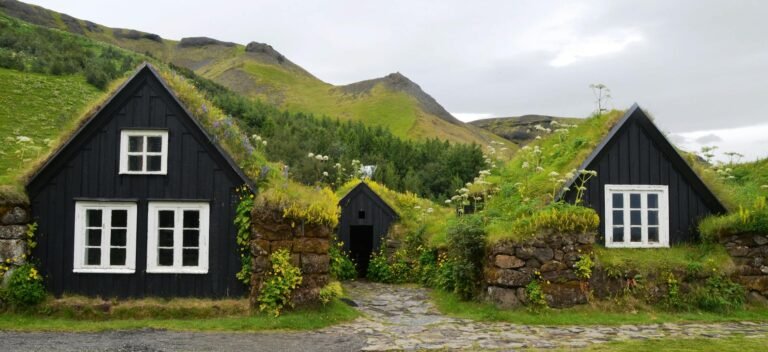Many New Years: Remembering Time Before January 1st

January 1st isn't rooted in nature's rhythms or cosmic cycles; it's an administrative agreement that demands the same thing from opposite hemispheres. Knowing this frees us from forcing transformation when dormancy is wisdom, or planning when presence is needed. The new year doesn't begin when calendars say it does. It begins when you're actually ready, and when the earth beneath your feet agrees.
